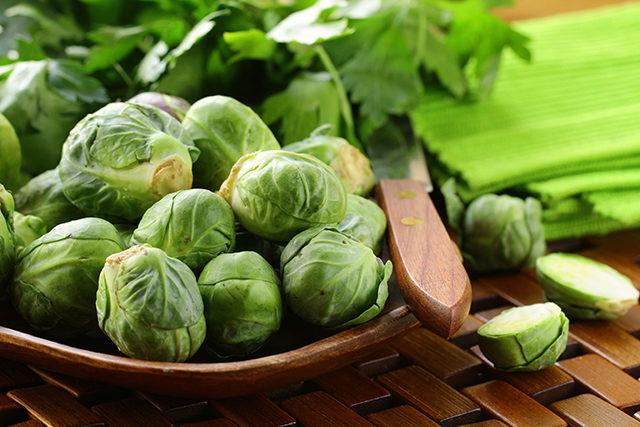More and more studies are pointing to the benefits of adding aspirin to conventional cancer treatment. A new review examines this available research and asks the question: is it “time to share [the] evidence and decision-making with patients?” Can a simple pill of aspirin help treat cancer? A new review investigates. Peter Elwood, of the […]
Everybody knows that stress leads to disease, but rarely do we talk about the happy “flip side” of this— learning how to calm stress responses kicks in the “relaxation response” that leads to health, more energy and less risk of disease. Studies over the last ten years have demonstrated this winning formula without a shadow […]
Nature is truly a miracle worker, especially when it comes to the many whole foods that have built-in substances which seem to be custom-made to destroy cancer cells while protecting healthy ones. The recently-discovered class of phytonutrient called salvestrols is definitely one of the heavy-hitters when it comes to protecting the body against breast cancer […]
Everybody knows that stress leads to disease, but rarely do we talk about the happy “flip side” of this— learning how to calm stress responses kicks in the “relaxation response” that leads to health, more energy and less risk of disease. Studies over the last ten years have demonstrated this winning formula without a shadow […]
Capsaicin, an active ingredient that gives chilies and peppers their pungent taste, was shown to inhibit the growth of breast cancer cells, a study found. To assess this, German researchers at the Ruhr-Universität Bochum and their colleagues used the SUM149PT cell culture, which serves as a model for highly aggressive forms of breast cancer such […]
Cannabis has been used for medicinal purposes for many centuries. And now science has proved that we can use it to treat various diseases, especially cancer. The compounds in cannabis called cannabinoids have a drug-like effect on our bodies. Research shows that they can relief headaches, nausea, vomiting, and increase appetite. In fact, the FDA […]
Recent statistics suggest that approximately 1 in 8 U.S women will develop invasive breast cancer during her lifetime, and 1 in 1000 men will also develop the disease1. Earlier diagnosis, advances in treatment and increased awareness have all contributed to an increased survival rate for patients with breast cancer. Scientists studying breast cancer and diet […]
As is typical for the season, the warm summer months seemed to have flown by in the blink of eye. But the upside is that now we get to enjoy fall, which means cooler weather, colorful landscapes and autumn’s fun-filled festivities including Halloween and Thanksgiving Day. You’ve probably noticed retailers are already lining their shelves […]
The 14-year study, which included nearly 1 million patients, finds that a high cholesterol diagnosis is associated with a lower risk of death in four common cancers. “The discovery of a link between obesity and high cholesterol as risk factors for cancer has been exciting for researchers and the public. Even trendier is the idea […]
A high-fat Mediterranean diet may protect against breast cancer, diabetes, and cardiovascular events
According to researchers, a healthy diet can include “a lot of fat.” A review of available evidence suggests that a Mediterranean diet with no restrictions on fat intake may reduce a person’s risk for breast cancer diabetes, and cardiovascular events compared to other diets. The findings are published in Annals of Internal Medicine. Despite advances […]





